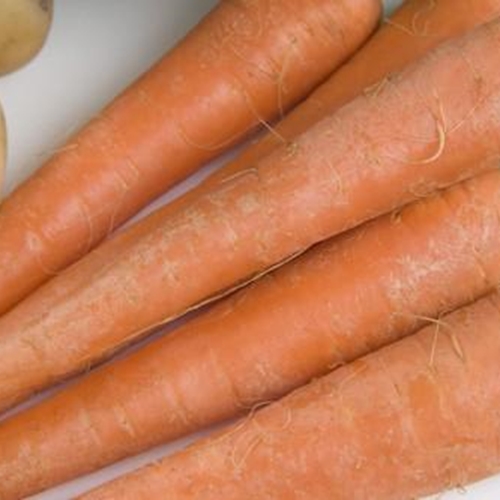
The Monsanto Company is one of the biggest producers of genetically engineered seed, which farmers buy to produce the GMO crops that make their way to millions of Americans’ tables every day. These edibles aren’t just in the packaged foods you buy at the corner store – they’re in the fresh fruits and vegetables that you as a Texas culinary arts school graduate go on to work with in the professional field.
Around the globe, there were more than 400 activism events that made up the March Against Monsanto initiative. In Boston, for example, more than 1,000 activists protested at Copley Square. According to Open Media Boston, the MA Right to Know GMOs organization, which pushed for labeling of GMOs in the state of Massachusetts, was in attendance. Co-founder of the campaign Martin Dagoberto discussed the fact that, though it has never been proven that there are any negative effects of GMOs to one’s health, the safety of GMOS has never been properly tested.
“I got my degree in biology and biotechnology from Worcester Polytech in 2006, and it was there that I gained an appreciation for the magnitude of the risks that we’re taking with genetic engineering,” Dagoberto told the rally. “There’s a lot we have yet to figure out; I’m not against science, but I don’t want to be a science experiment.”
There were also many farmers in attendance at the Boston protest. Jessie Banhazl, an organic farmer and founder of Somerville’s Green City Growers, also talked to the crowd of activists. She noted that, since people began cultivating their own crops some 10,000 years ago, food has grown without any help from chemicals. It’s only in the past century or so that additives have been used.
More than 50 percent of Massachusetts’ legislators officially endorse the bill to label GMO foods, which is now making its way to the House floor for a vote. However, activists are skeptical of its ability to pass due to cooperation between Congress and the food industry. That’s precisely why March Against Monsanto organized these rallies – to inform the public of their right to choose what foods they eat.
“Monsanto may control the money, they may control Congress, they may control the farm from its source, but do you know what they can’t control, our ability to feed ourselves by growing our own food,” Banhazl said.

